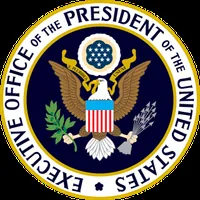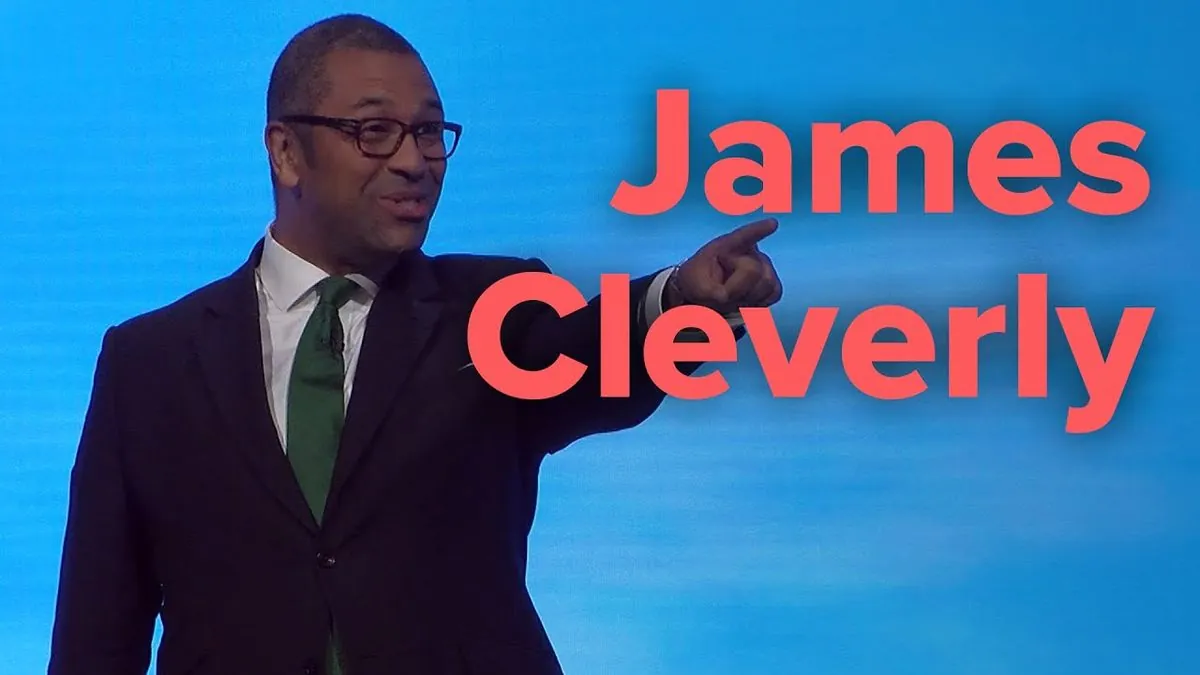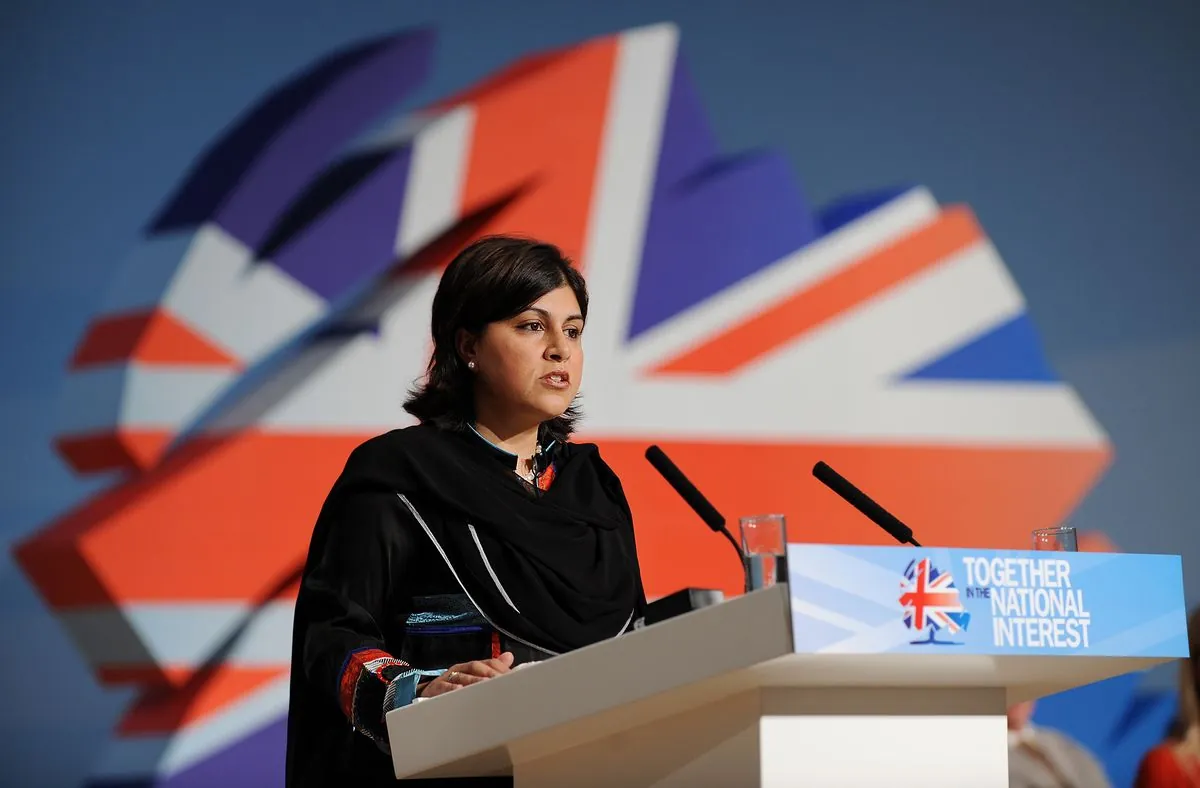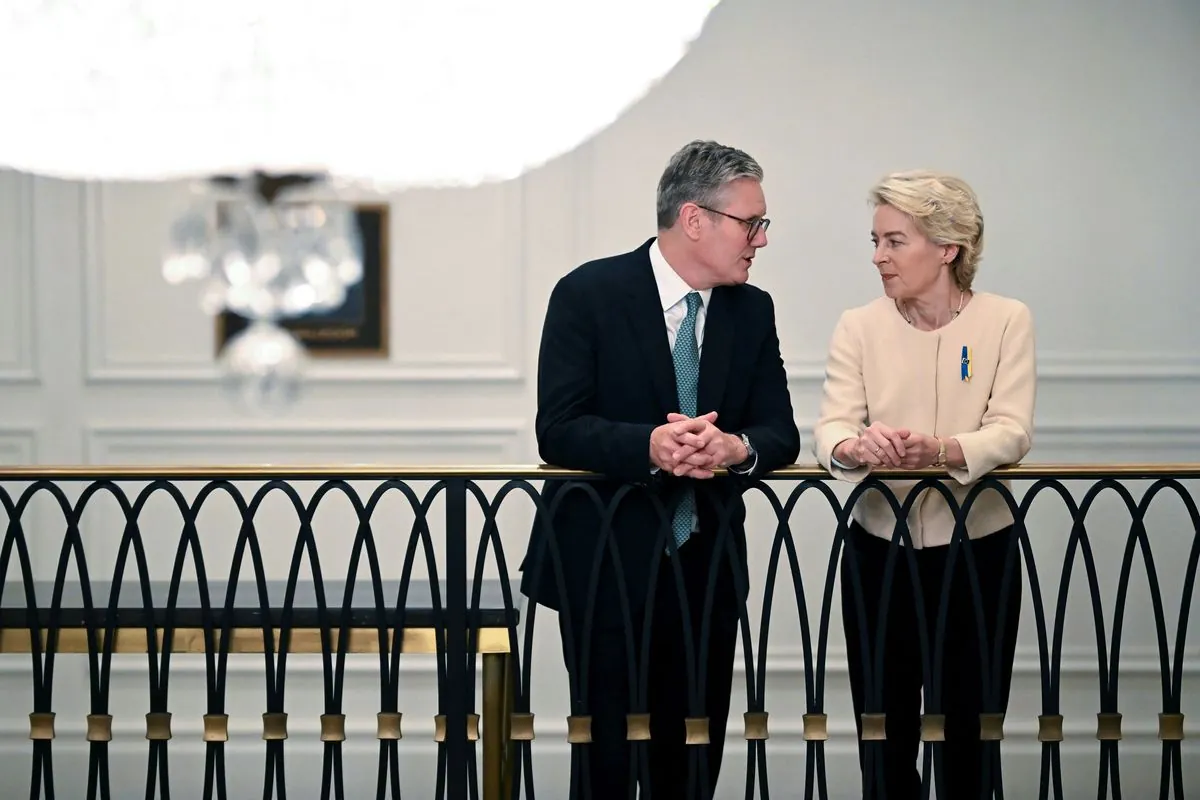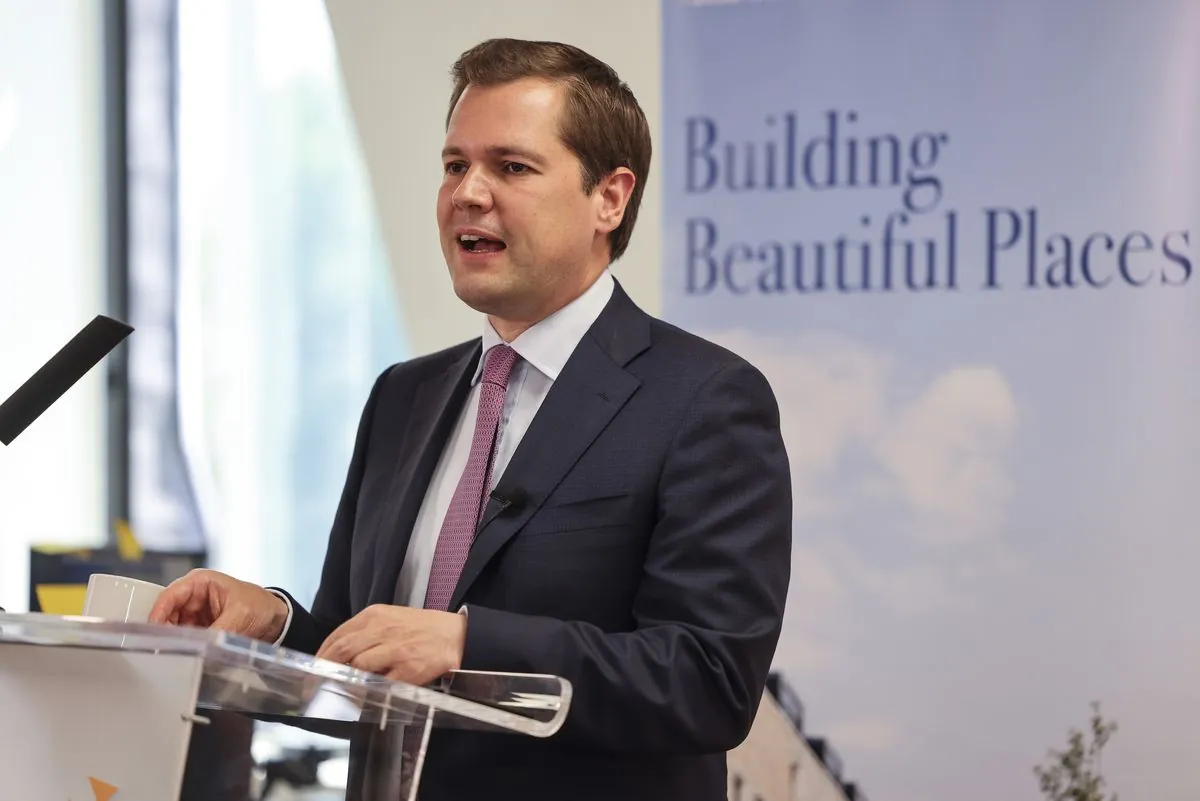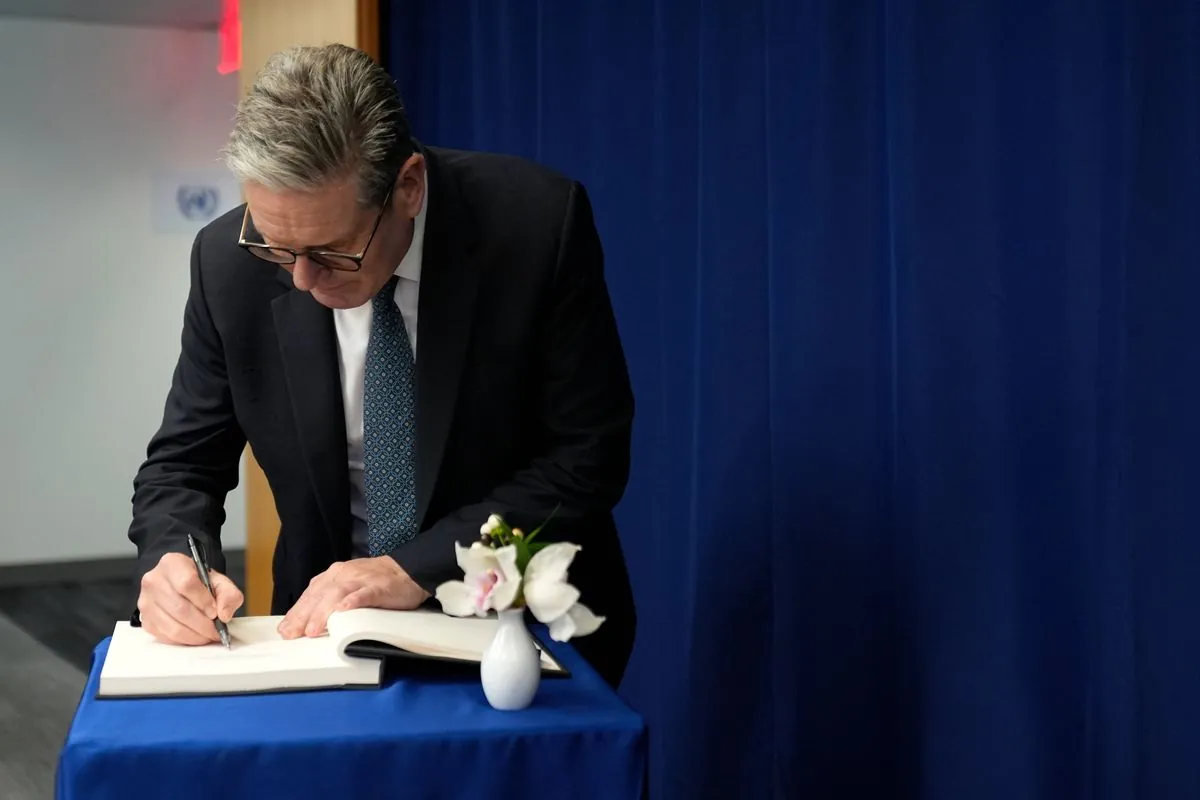Labour Conference Concludes with Starmer Absent and Gloomy Atmosphere
Labour's conference ends with Keir Starmer at UN, Wes Streeting's speech, and a vote against leadership on winter fuel allowance. Delegates focus on health service challenges and societal issues, maintaining a somber tone.
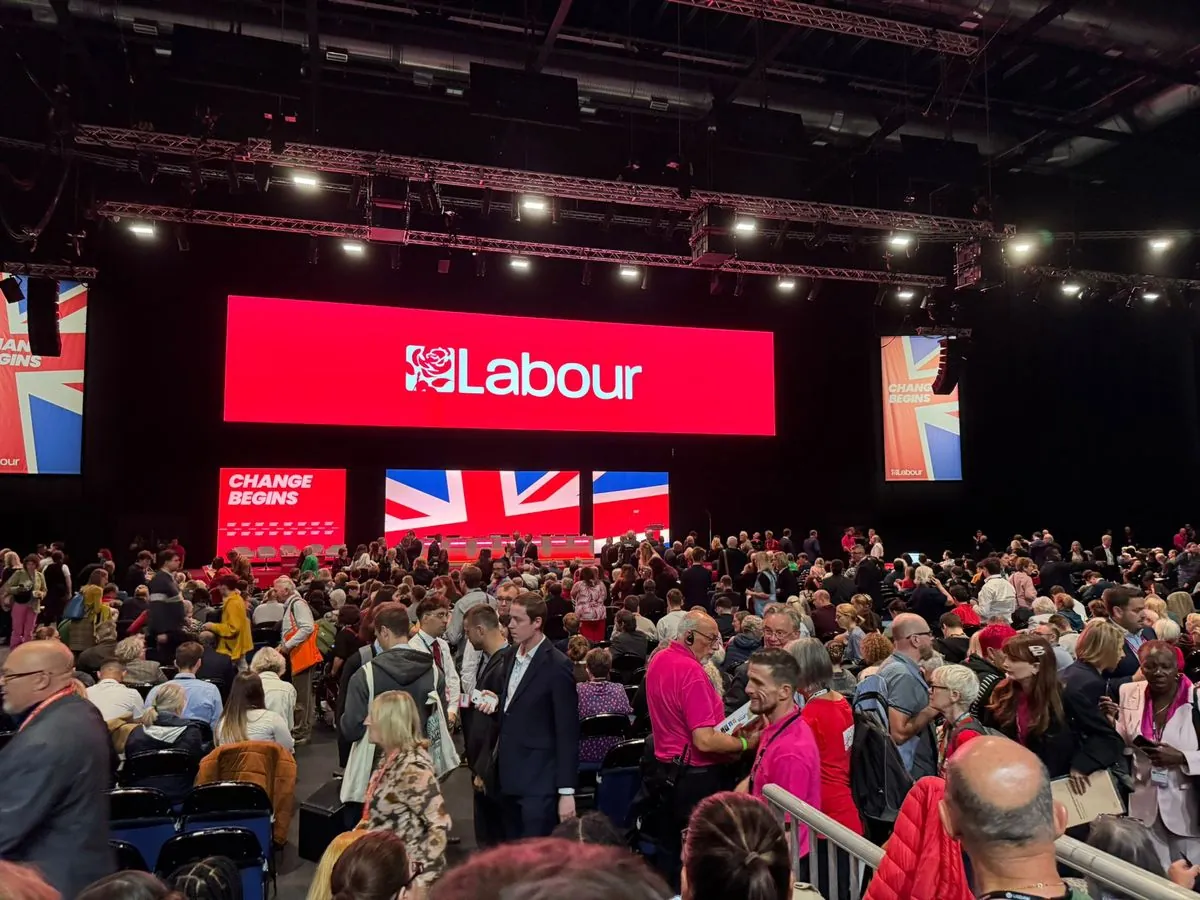
The Labour Party's annual conference, a tradition dating back to 1900, concluded on September 25, 2024, with a notable absence and a prevailing sense of gloom. Keir Starmer, who assumed leadership in April 2020, was not present for the final day, instead attending a United Nations event in New York. This organization, established in 1945, provided a convenient excuse for Starmer to distance himself from potentially contentious issues at the conference.
In Starmer's absence, Wes Streeting, the MP for Ilford North since 2015, delivered a speech focusing on the National Health Service (NHS). Streeting, whose leadership aspirations are reportedly causing concern for Starmer, presented a contradictory view of the health service. He portrayed the NHS, founded in 1948, as both world-class and on the brink of collapse. Streeting's proposed solution included banning fast food advertisements targeting children, a measure that seemed to fall short of addressing the complex challenges facing the healthcare system.

The conference also saw a significant vote on the winter fuel allowance, a benefit introduced in 1997. Delegates voted against the party leadership's position, supporting a reversal of cuts to the allowance. This decision highlighted internal divisions within the party, which has been in opposition since 2010.
Throughout the event, delegates shared stories of hardship and societal issues, creating a somber atmosphere. References to historical calamities such as the 1953 East Coast flood, the Black Death of the 14th century, and the Great Fire of London in 1666 further emphasized the gloomy tone.
The Labour Party, which has never secured more than 50% of the popular vote in a UK general election, seemed to struggle with balancing its message of change with a focus on societal problems. This approach was evident in discussions about the NHS, which Labour established during its post-war government.
Despite the party's achievements, such as introducing the National Minimum Wage in 1998 and governing for 13 years from 1997 to 2010, the conference appeared to dwell more on challenges than on positive visions for the future. This tendency reflects a broader trend in Labour's recent history, as the party has been out of power for over a decade.
The conference also highlighted the influence of trade unions, with Unite the Union, formed in 2007, playing a significant role in the winter fuel allowance vote. This relationship between Labour and the unions has been a cornerstone of the party since its inception.
As the conference concluded, it left observers questioning whether the party's focus on societal problems and its gloomy outlook would resonate with voters. With a shadow cabinet of 32 members and a commitment to democratic socialism enshrined in its constitution, Labour faces the challenge of translating its conference discussions into a compelling vision for governance.
"Our NHS is both on its knees and our most sacred national institution."
This statement encapsulates the conflicting narratives present throughout the conference, reflecting the party's struggle to balance criticism of current conditions with pride in past achievements. As Labour looks towards future elections, it must consider how to transform its conference debates into a message that can appeal to a broader electorate and potentially lead to its first government since 2010.























